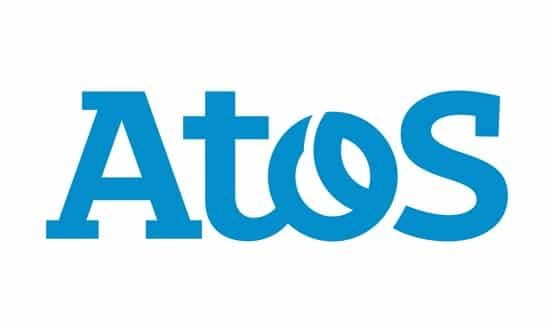Granger tells NHS to be proud of progress
- 22 March 2006
Multinational giant, GE Healthcare, has earned praise from the NHS IT director-general for its rapid progress in deploying picture archiving and communication systems – and a reminder that it now needs to pull off the same sort of performance in London with its newly-acquired clinical solutions provider IDX.
Speaking at Healthcare Computing 2006, Richard Granger said: “GE have done a very good job. The challenge will be to see them do a similar job on IDX in London.”
The comment was one of the few references he made to the slow haul towards to getting common clinical solutions installed across the five NHS regions of the National Programme for IT.
Referring to well publicised delivery and resultant financial problems that some specialist clinical suppliers have run into, Granger said. “In some cases since I stood here a year ago you’ve seen some of the risks mature.”
He indicated that further supplier crunches were yet to come: “It gives me no pleasure, but I don’t think that we are at the end of the road on this yet.”
He defended the policy, however, after he played a video clip of A&E consultant Shreenath Reddy, who argued that summary information about patients could save lives in emergencies. Those who wanted nice, functionally rich local systems should maybe talk to that doctor, Granger commented.
His wide-ranging presentation – a little less bullish that previous deliveries – covered progress in PACS, the N3 network, Choose and Book, the Electronic Prescription Service, QMAS and e-mail and directory services.
The one glaring omission from his presentation was anything more than a cursory reference to the NHS Care Records Service (CRS) the project at the heart of the national programme for IT.
In addition to highlighting achievements to date Granger focused on the sheer complexity and difficulty of delivery. He said one of the features of the NHS that had become apparent was the variability of local conditions. Installations that proved popular, successful and easy in some areas were proving extremely difficult in others.
“I think it’s not the team in Leeds – but I would say that, wouldn’t I?” he joked. He named “getting under the lid of variability” as a task to be tackled in the coming year.
The accreditation of existing systems suppliers, on projects such as the electronic prescriptions services, was highlighted as one of the reasons for things taking longer than planned.
“There has been a very serious under-estimate from existing systems suppliers on how long it would take to become compliant. That’s just a fact! In some cases they have taken two steps forward and one back.”
GP systems were singled out for comment by the director general. Talking about the GP2GP record transfer programme he said: “I can’t believe how difficult this has been … I’m fairly depressed that millions and millions has been spent on systems that are inherently incompatible. I’m also fairly depressed about standards and variability around record keeping.”
“I think people forget about the unsatisfactory nature of the status quo and we underplay the disruption of putting this new system,” he said.
Comparing the national programme to other government IT projects he said that people grossly understated the complexity of putting a patient administration system (PAS) into a hospital trust, typically interfacing 30-40 complex systems. Granger said the complexity of each implementation was “On a par with putting in place a case management system in a small government department.”
“The NHS is pretty hard on itself and if we had some fairer benchmarks we should be quite proud of the progress we’re making,” he said.
He suggested that people should be more relaxed about delivery against the original objectives set. “If it doesn’t match up to a vision set in 2002 then I don’t think we should be embarrassed about that.”
In the coming year Granger said that there would be much more delivery to come and urged delegates to put the interests of patients to the forefront of all they do. Mentioning issues of consent and confidentiality he said: “We need to focus on the patient rather than the sensibilities of a particular group of professionals.”




